Critical thinking skills Normal Science Worksheets for Ages 4-7
6 filtered results
-
From - To
Boost your child's critical thinking skills with our engaging Normal Science Worksheets designed specifically for ages 4-7. These printable worksheets provide a fun and interactive way for young learners to explore foundational concepts in science. Each activity encourages curiosity, problem-solving, and analytical thinking, empowering children to ask questions and discover answers. With colorful illustrations and age-appropriate tasks, these worksheets make learning enjoyable and accessible. Perfect for use at home or in the classroom, they foster a love of science while enhancing critical thinking abilities. Unlock your child's potential today with our thoughtfully crafted worksheets that inspire learning and creativity!
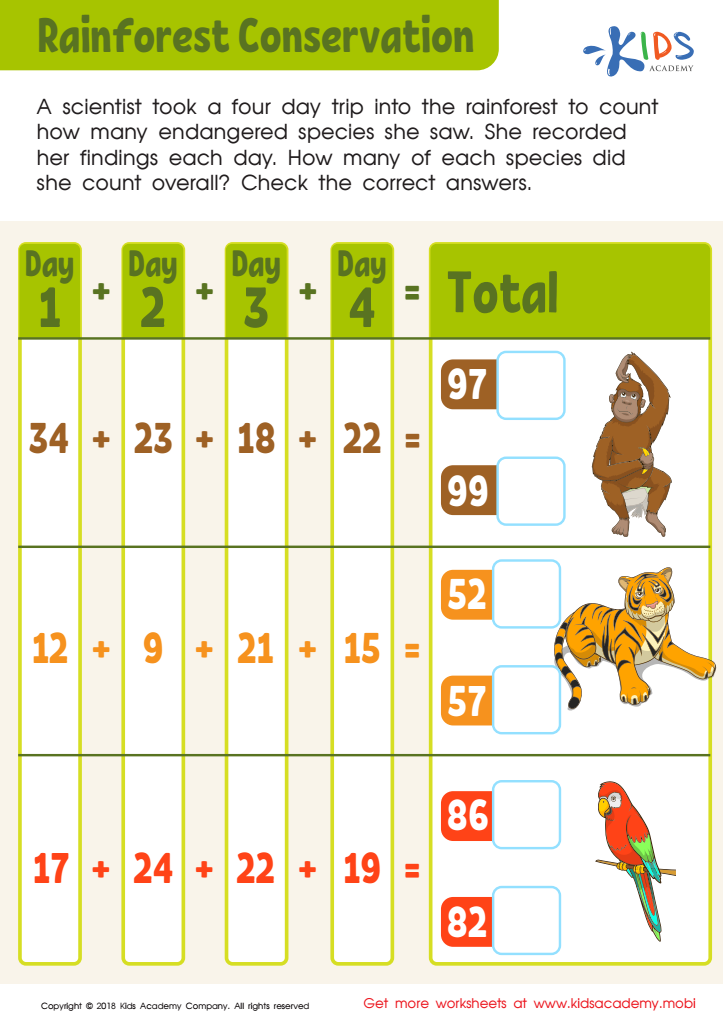

Rainforest Conservation Worksheet
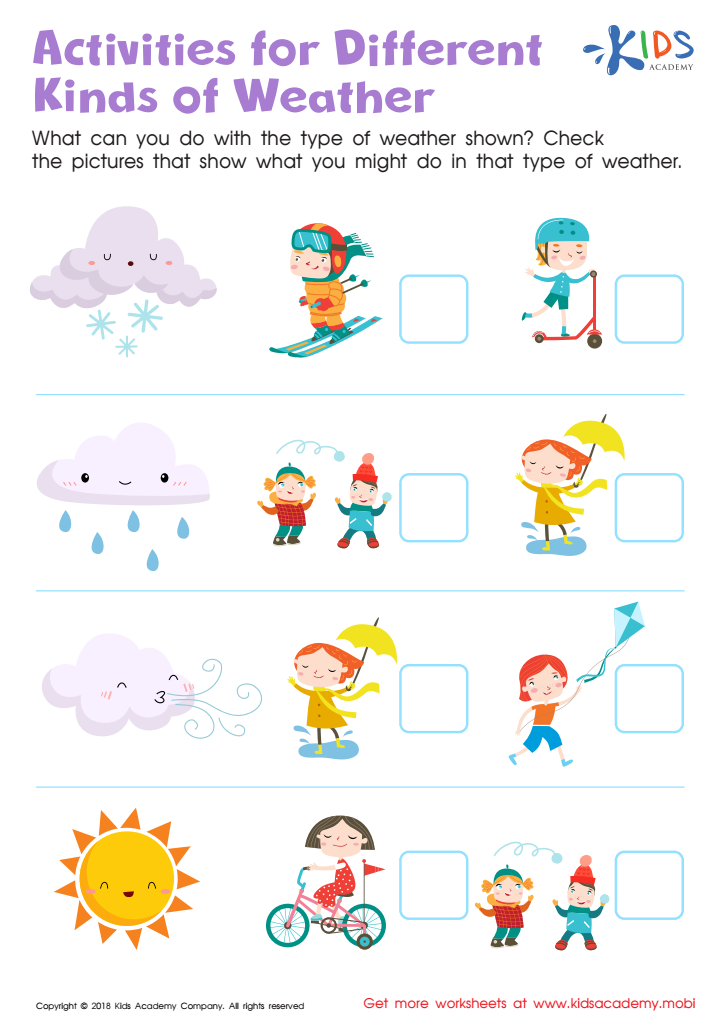

Activities for Different Kinds of Weather Worksheet
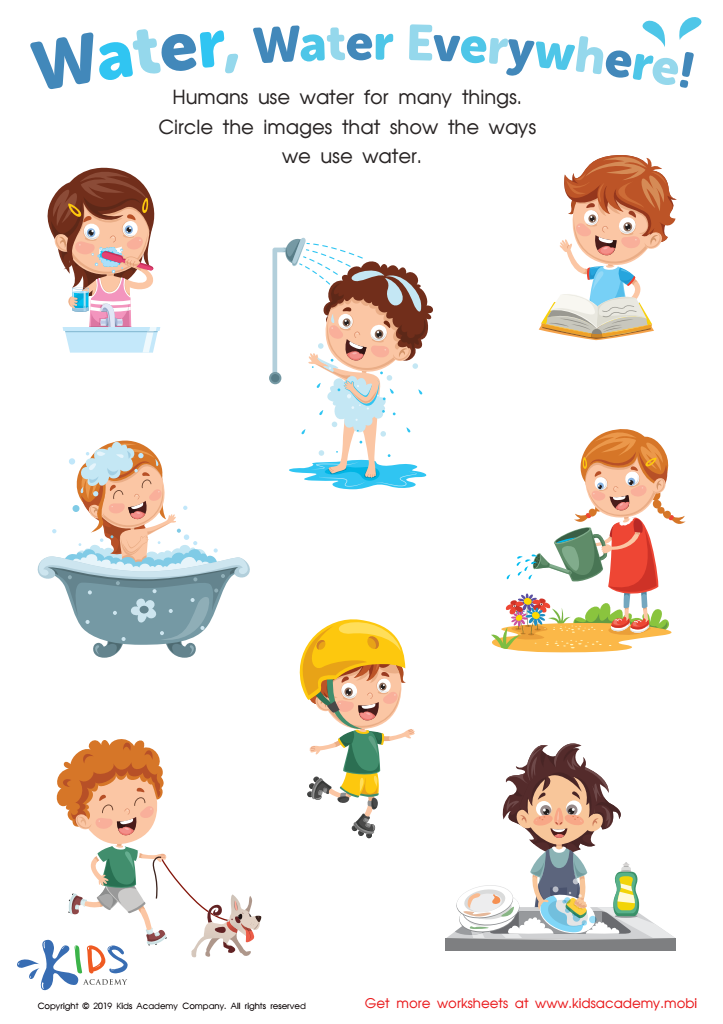

Water, Water Everywhere! Worksheet
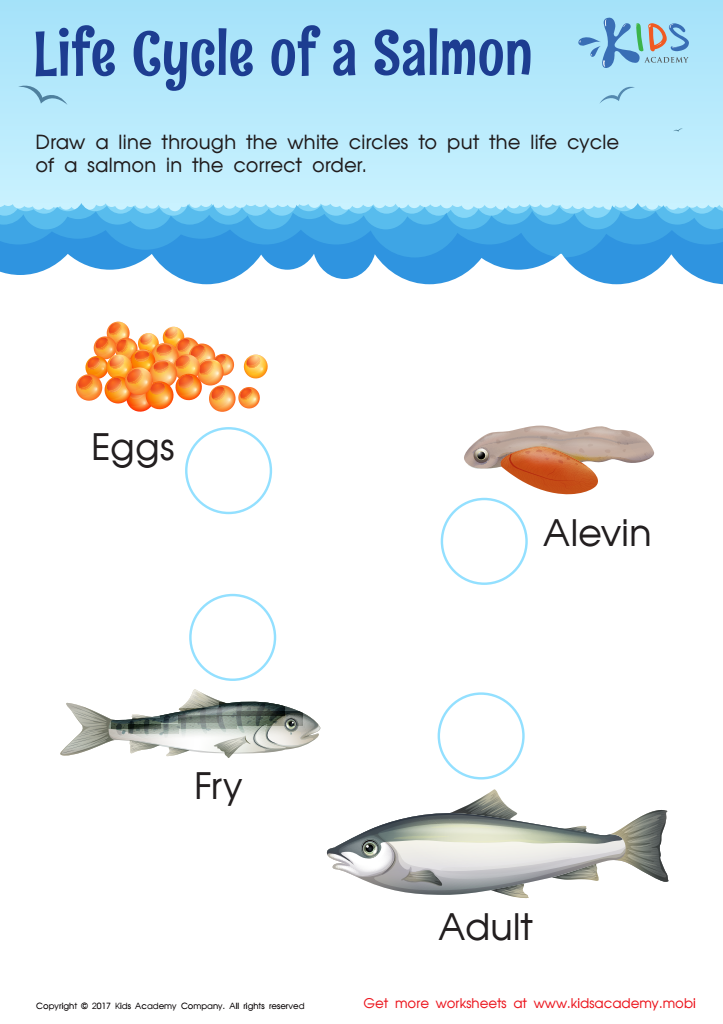

Cycle Of Salmon Worksheet
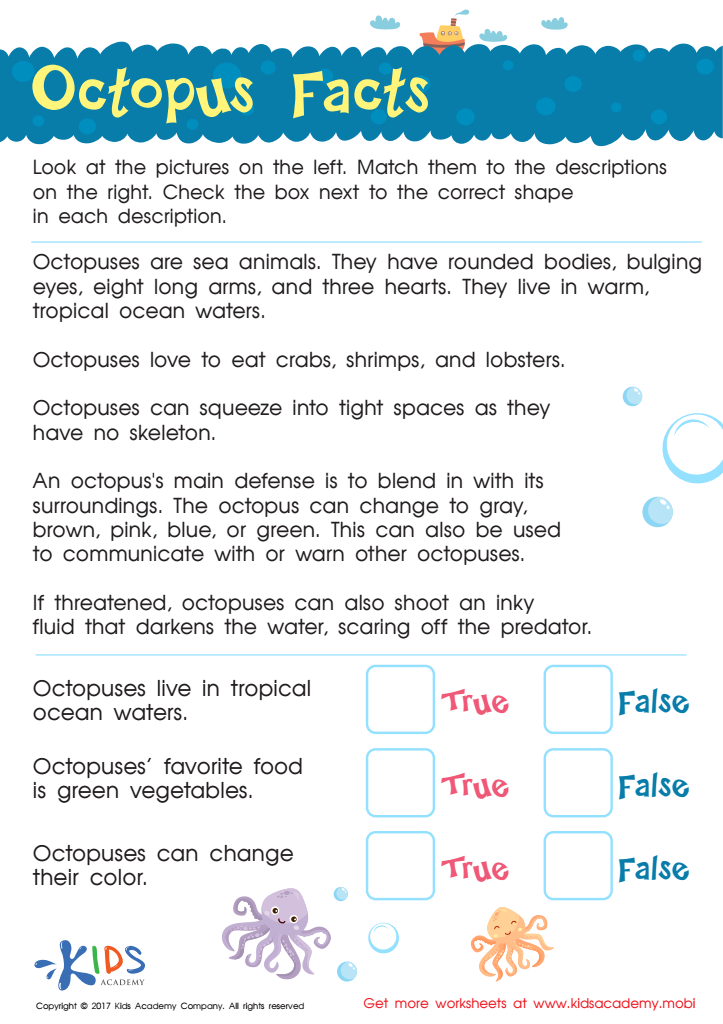

Octopus Facts Worksheet For Kids
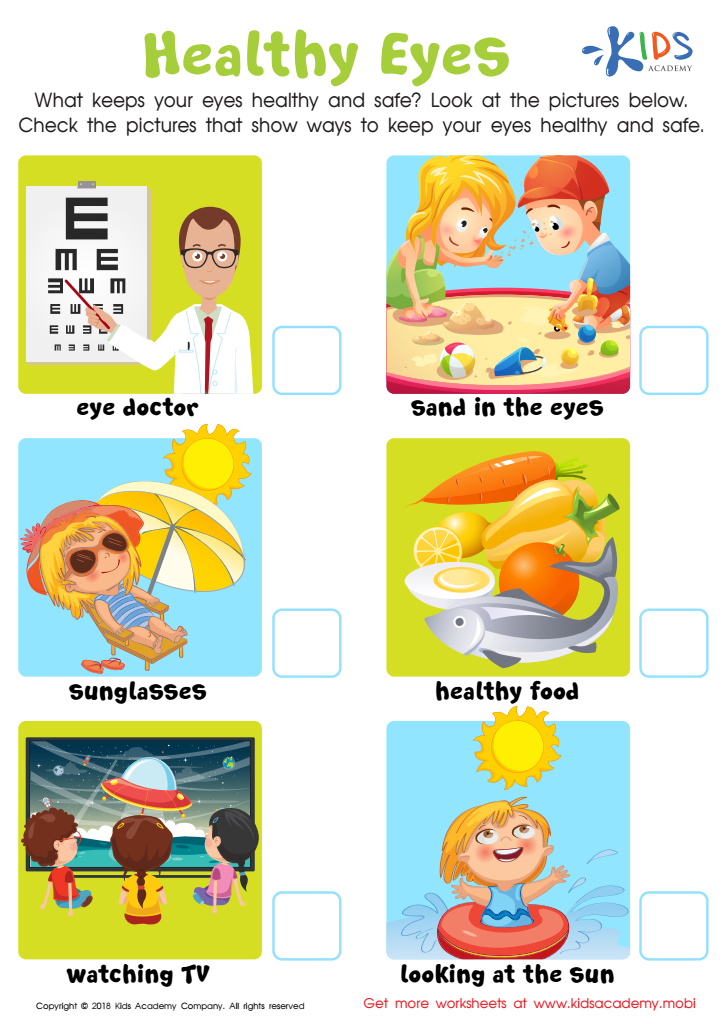

Healthy Eyes Worksheet
Critical thinking skills are essential for children aged 4-7 as they lay the groundwork for effective problem-solving and decision-making throughout life. For parents and teachers, fostering these skills during this formative stage can significantly enhance cognitive development. At this age, children are naturally curious and inquisitive, making it an ideal time to cultivate analytical thinking.
Introducing them to "Normal Science" — a straightforward understanding of scientific principles through observation and interaction — encourages inquiry-based learning. Engaging with Normal Science helps children ask questions, make predictions, and test their ideas. This hands-on approach not only develops critical thinking but also motivates children to explore and enjoy learning.
Moreover, critical thinking skills in early education build resilience. Children learn to approach challenges with a solution-oriented mindset, fostering perseverance when they encounter setbacks. This prepares them for future academic and social challenges.
In today’s rapidly changing world, the ability to analyze information and think critically is more important than ever. Parents and teachers play a vital role in guiding children through this developmental process, equipping them with the tools necessary to navigate complex situations confidently and effectively as they grow. Supporting critical thinking today lays a strong foundation for lifelong learning.

 Assign to My Students
Assign to My Students



















